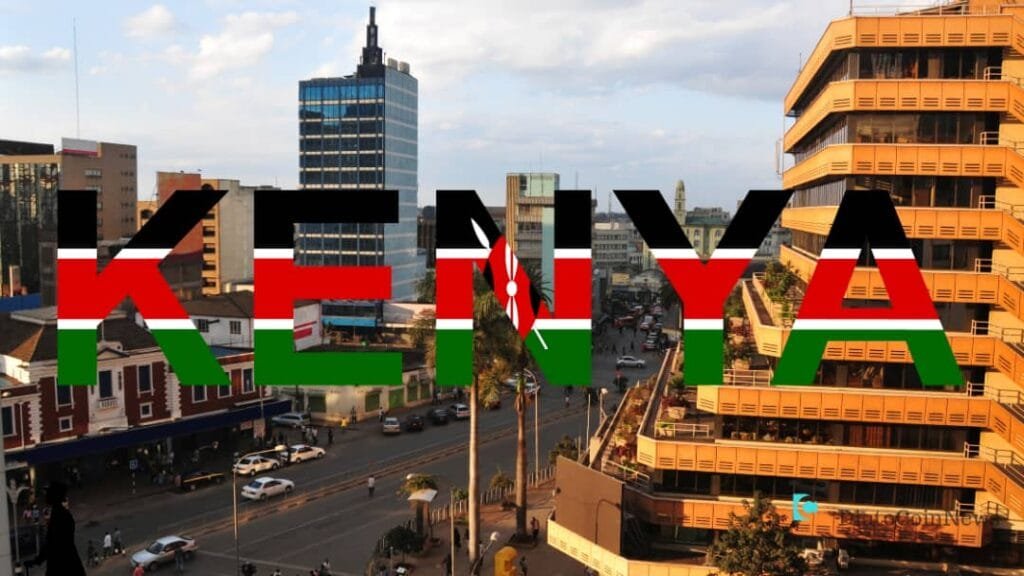Algorand blockchain appears to be a superior consensus mechanism through its Pure Proof-of-Stake mechanism.
The invention of the Blockchain technology has helped the world in many ways, improving all the sectors which sees its potentials and adopts it.
It started with the creation of Bitcoins back in 2008 which was intended to become the next generation currency that will facilitate cashless and seamless transactions, all over the world.
Other systems, seeing how rapid it is moving, began to understand what it could mean for their operations, and so decided to make use of this technology, the Blockchain.
Now it could be seen at work in the transportation industry, the health sector, gaming industry, communication and even the tourism industry, as well as other unlisted systems.
All these are as a result of how the Blockchain was designed, and the functionalities that come with it. These functionalities determines its computational capabilities, speed, transparency level, scalability and even the governance structure.
“What drives these on the Blockchain is its type of consensus mechanism.“
What is Consensus Mechanism?
A consensus mechanism is a fault-tolerant mechanism that is used to achieve an agreement on a network.
The Blockchain makes use of this mechanism to equip it with the necessary features to deliver an efficient performance to the system which uses it.
Overtime, there have been different kinds of consensus mechanisms developed on the Blockchain. Let’s take a detailed look at them.
Read Also: This is a deep explanation on Algorand’s Layer-1 innovation, it’s use cases, and smart-Contract architecture.
The Different Types of Consensus Mechanisms.
There are different types of Consensus Mechanisms, but I shall pin-point the commonest amongst them and and how Algorand’s PPOS Consensus Mechanism outshines them. They include;
- Proof of Work (POW)
- Proof of Stake (POS)
- Delegated Proof of Stake (DPOS)
Proof of Work (POW) :

The PoW as a mining mechanism is in fact, the most prominent of them all, as it is the first ever consensus, adopted in the Blockchain.
Read Also: How Nigerians Buy and Sell Bitcoin Making Money Through P2P Markets in Nigeria.
During the creation of Bitcoin, this PoW was used and this is how it works;
The miners are expected to find the hash so as to generate new blocks of transactions on the Blockchain, by solving cryptographic puzzles.
So, to mine a block on the system, all the miners try to solve these mathematical puzzles with the help of their sophisticated mining equipment. Any miner that solves the puzzle first, becomes the miner of the block and is given the mining reward associated with that block.
With the PoW consensus, for miners to meet up with the competition, it is very necessary to have the mining equipment.
These equipments should possess high computational capability and a constant source of energy to help the miner to mine blocks efficiently and claim more rewards.
The PoW consensus is obviously costly and insecured, due to its centralized design, as the Blocks could be manipulated.
Efforts of other miners get wasted, once a miner succeeds in mining a particular block, and the speed of operation on the PoW is extremely slow, up to about 10 minutes.
Proof-of-Stake (POS)

In Proof-of-Stake, the miners get to create new blocks on the Blockchain, as validators. These validators have to stake their coins on the system, to join in the block generation process.
To pick validators to generate blocks, a selection algorithm is used, and are chosen, in proportionate to the number of coins they stake on the system.
Other validators won’t get disappointed if they are not chosen to generate blocks, because there was no heavy input on their part.
This consensus mechanism helps to ensure efficiency, as the validators cannot do anything which will jeopardize the system, because it will lead to the loss of their staked assets.
Delegated Proof-of-Stake (DPOS)

Unlike the regular Proof-of-Stake consensus, DPoS as the name implies, puts certain users in charge of the block mining process, depending on the number of coins they have staked.
These delegates now have the power to choose miners that will generate the blocks, and are even able to make changes on the system. All these are done through voting, by the delegates.
This consensus is able to manage a great number of transactions, at a great pace, and is able to effect the enhancement of the system, which is a feature of the Blockchain called scalability.
But, despite all these, the DPoS still ends up as a centralized system, resulting from the delegation of power, to a central authority, to be in control of the block mining process.
Alogrand’s Blockchain Superior Consensus Mechanism

Algorand Protocol is a next generation Blockchain that completely eliminates the inefficiencies of other consensus mechanisms, through the use of the Pure Proof-of-Stake (PPOS), created on the Byzantine fault tolerance consensus.
The Pure Proof-of-Stake algorithm (PPoS), is the kind of consensus mechanism adopted by the Algorand Blockchain, which is almost similar to the PoS, but has upgraded features that makes it better and more reliable than other consensus.
The Algorand PPoS takes the advantages of the different consensus algorithm and combines its features which solves the problems of the aforementioned consensus, thereby creating a flawless algorithm for the Blockchain industry.
How Alogrand’s PPoS Outperforms Other Consensus Alogorithms
The Algorand’s PPoS does not need high computational power or high class equipments to join, just like in the PoW, rather the validators stake their coins on the system.
It achieves full decentralization, since the power is not given to a central body to control the system, so any user can join, and become a validator. So, to improve the chances of being chosen, all the user has to do is, increase their staking power.
It achieves scalability, as well as rapid transactions, giving it an edge over other consensus mechanisms, as it sees to the execution of millions of transactions at a time.
Algorand PPoS brings about the full security of assets as every block created in it, is unalterable and cannot be changed by any dishonest actor on the system.
Additionally, the staked coins of the validators are not at risk of getting hacked or stolen, because they are stored in the user’s wallet, giving them full control over it.
Conclusion:
Alogrand Protocol is built in a unique way, with a consensus algorithm better than regular Blockchain.
Every system which adopts Algorand protocol, will get to enjoy the full benefits of a reliable Blockchain, which has astonishing features that makes it fully efficient.
Article Written by
Ritabell Anderson
Algorand Ambassador, Sokoto,Nigeria
Discover more from DiutoCoinNews
Subscribe to get the latest posts sent to your email.











